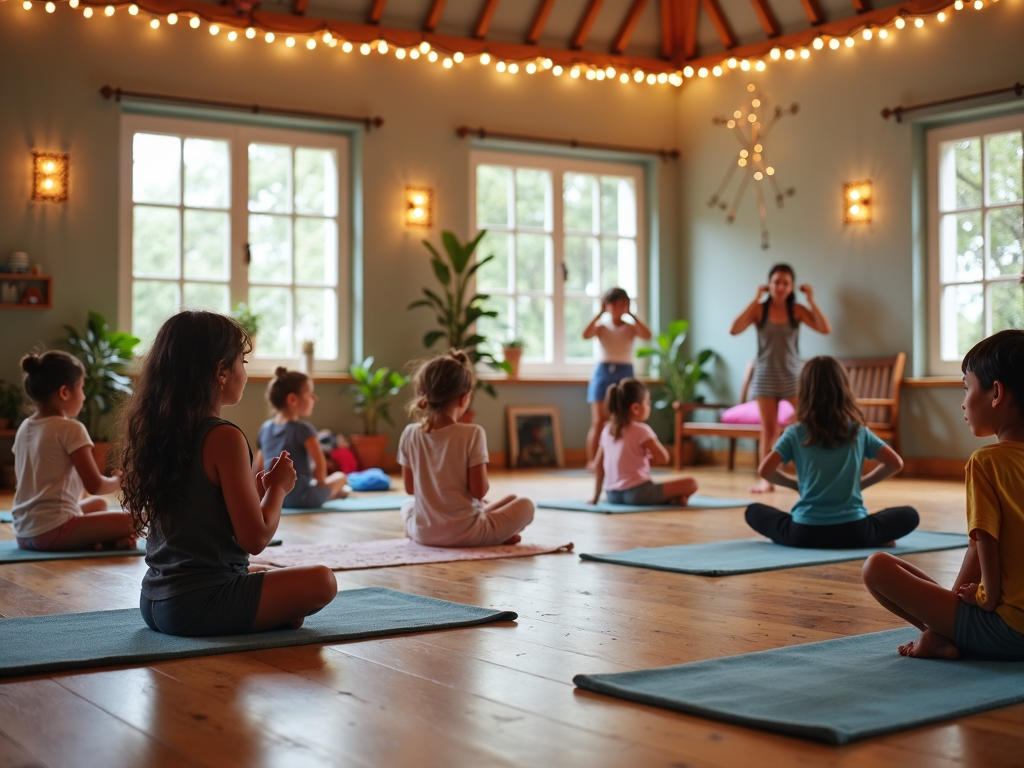Resilience is the ability to bounce back from challenges, and it's a crucial skill for children and teens to develop. In today's fast-paced world, where stress and uncertainty are common, building resilience can help young people navigate life's ups and downs with confidence. This article explores practical ways to foster resilience in children and teens, supported by mental health resources and community wellness initiatives.

Understanding Resilience
Resilience isn't about avoiding stress or hardship; it's about learning to cope with them effectively. For children and teens, this means developing skills like problem-solving, emotional regulation, and positive thinking. According to the American Psychological Association, resilience is a process that can be nurtured through supportive relationships and environments. As parents, we play a pivotal role in modeling and teaching these skills.
Strategies for Building Resilience
-
Encourage Open Communication: Create a safe space for your child to express their feelings and concerns. Listen actively and validate their emotions without judgment. This helps them feel understood and supported.
-
Teach Problem-Solving Skills: Guide your child through challenges by helping them identify solutions. For example, if they're struggling with a school project, ask questions that lead them to think critically about possible steps to take.
-
Promote a Growth Mindset: Emphasize the importance of effort and learning from mistakes. Praise their hard work rather than just their achievements. This fosters a belief that they can improve and overcome obstacles.
-
Model Resilience: Children learn by observing. Share your own experiences with challenges and how you overcame them. This shows them that setbacks are a normal part of life and can be managed.

Mental Health Resources for Families
Access to mental health resources is vital for supporting resilience. Many communities offer programs and services tailored to families. For instance, the National Alliance on Mental Illness (NAMI) provides resources and support groups for families dealing with mental health challenges. Additionally, schools often have counselors and psychologists who can offer guidance and support.
Family Wellness: Simple Steps to a Healthier Home
A healthy home environment contributes significantly to resilience. Here are some simple steps to promote family wellness: - Establish Routines: Consistent routines provide a sense of stability and security. - Encourage Physical Activity: Regular exercise boosts mood and reduces stress. - Prioritize Sleep: Ensure everyone gets enough rest, as sleep is crucial for emotional regulation. - Foster Connections: Spend quality time together as a family, engaging in activities that everyone enjoys.

Top Benefits of Joining Community Fitness Classes
Community fitness classes offer more than just physical benefits; they also support mental and emotional well-being. Participating in group activities can: - Build Social Connections: Meeting new people and forming friendships can enhance a sense of belonging. - Reduce Stress: Physical activity releases endorphins, which improve mood. - Provide Structure: Regular classes offer a routine that can be comforting and motivating.
Many communities offer family-friendly fitness classes, making it a great way to bond while staying active.
Community Resources for Family Wellness
Leveraging community resources can enhance family wellness and resilience. Look for: - Local Support Groups: These provide a platform for sharing experiences and gaining support. - Workshops and Seminars: Many communities host events on parenting, mental health, and wellness. - Recreational Programs: Parks and recreation departments often offer programs that promote physical and mental health.

Summary
Building resilience in children and teens is a multifaceted process that involves fostering supportive relationships, teaching coping skills, and promoting a healthy lifestyle. By utilizing mental health resources and community wellness initiatives, parents can create an environment where their children feel empowered to face life's challenges. Remember, resilience is not a trait but a skill that can be developed over time with patience and practice.
Discuss Here